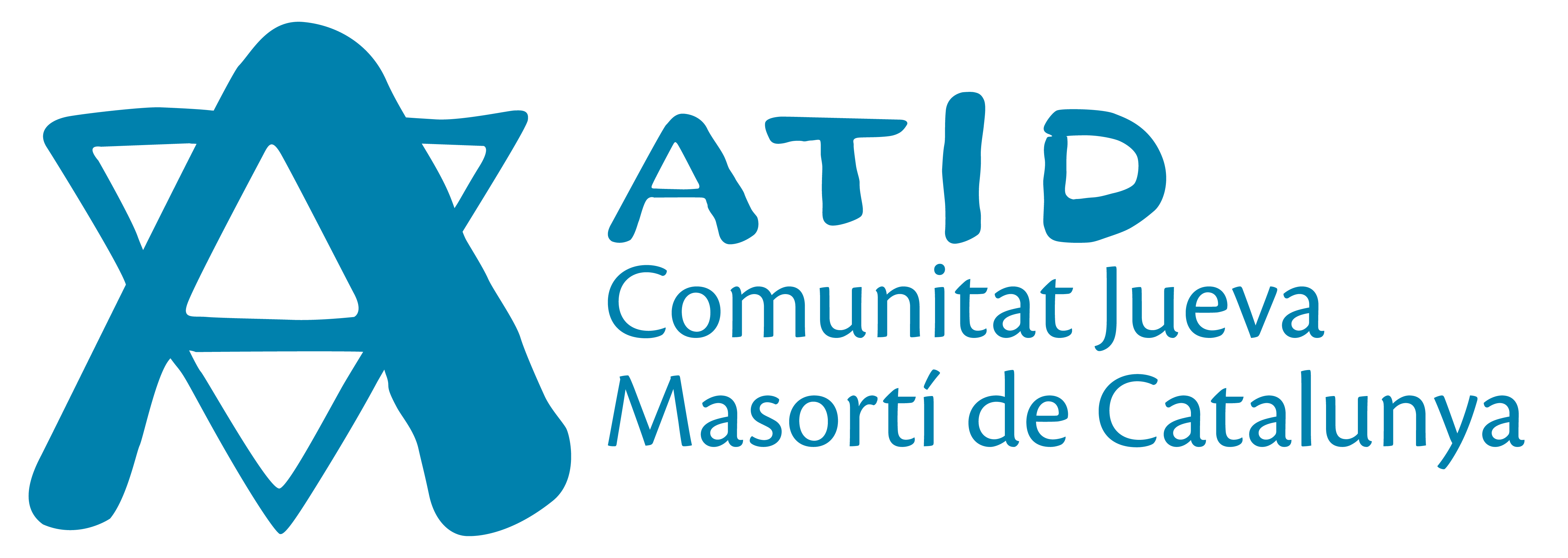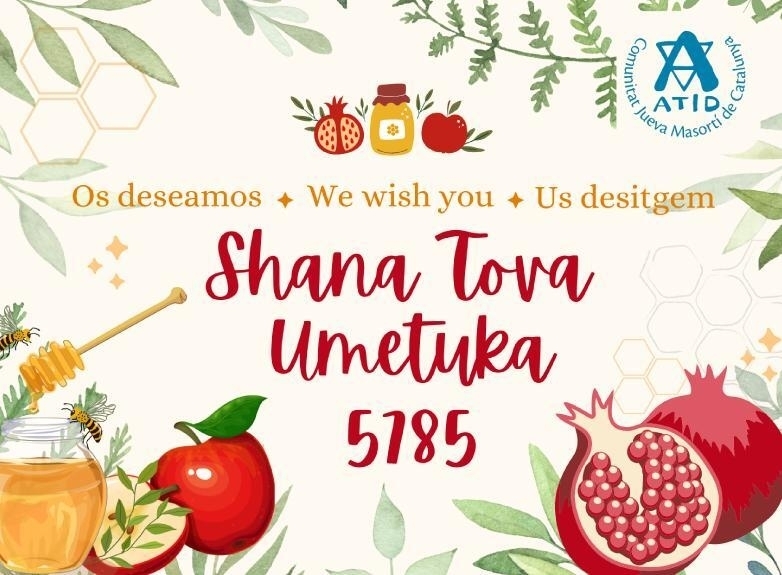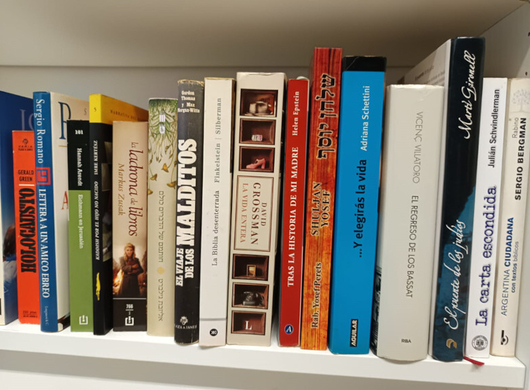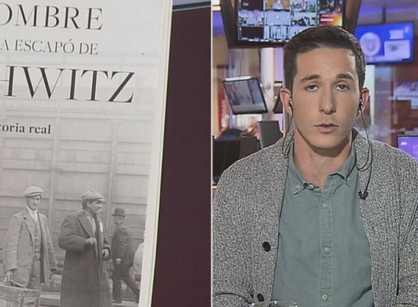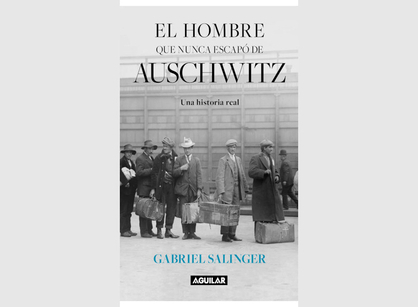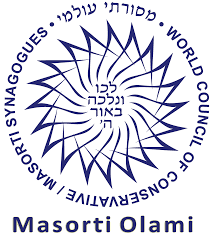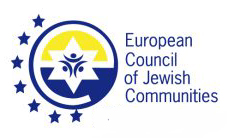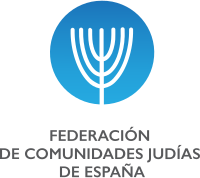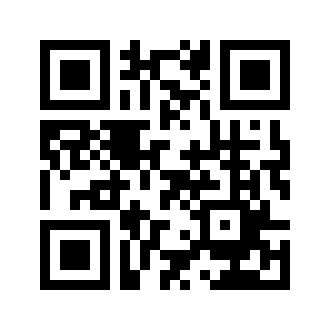ROSH HASHANAH 5785
In these days, we gather to celebrate a nameless holiday, which in the Torah is only known by its appellations such as yom hazikaron (day of remembrance) or yom truah (day of the shofar blast), and of which we only know when it should be celebrated: the first day of the seventh month. Later, the rabbis debated in the Talmud what the Torah refers to when it speaks of the seventh month, offering two alternatives: either it is Tishrei, or it is Nisan. In the Talmud Bavli RH 10b and 11a, there is a majloket or disagreement between Rabbi Eliezer, who believes that Rosh Hashanah should be celebrated in Tishrei, and Rabbi Yehoshua, who believes it should be celebrated in Nisan. They provide many reasons for their arguments, among them, Rabbi Eliezer argues that in Tishrei, the trees bear fruit, and it rains (Genesis 1:11; 2:6), while Rabbi Yehoshua argues that in Nisan, the animals begin to mate (Psalm 65:14). Finally, after much discussion, they decided that years would be counted from Tishrei, but non-Jews would count from Nisan. It seems that Tishrei is a more universalist option, and Nisan a more particularist one. So in Tishrei, we celebrate the birthday of the world, and when Nisan comes, we will celebrate another birth: that of Israel as a free people, but that is another story.
We often say that on Rosh Hashanah, we celebrate the birthday of the world, although in fact, it is the birthday of humankind, because, according to Rabbi Eliezer, the world began to be created on the 25th of Elul, and the 1st of Tishrei is when humanity was created. Therefore, should we celebrate the birthday of the world on the 25th of Elul and today, the 1st of Tishrei, the birthday of humankind? And if today is the birthday of humankind, why do we say it's the birthday of the world?
If on the first of Tishrei humankind was created (corresponding to the sixth day of Creation), then on the second of Tishrei, God commanded the seventh day to be consecrated, that is, Shabbat. Rosh Hashanah is the only holiday celebrated for two days both in the Diaspora and in Eretz Israel, as if it were a long day encompassing the first and second of Tishrei. Therefore, on Rosh Hashanah, we do not only celebrate the birthday of humankind, but also the day when Creation was completed and when we received our first gift: Shabbat.
So in addition to the birthday of Creation and the birthday of humankind, today we celebrate the birthday of Shabbat. According to tradition, the first Shabbat was a long day when night never came. On the seventh day, we do not read "vayehi erev, vayehi boker yom shevií" because there was only light that day. Even the night rested that first Shabbat, so humankind did not know darkness until after Shabbat, and that frightened them because they thought they would never see light again and would always be engulfed in darkness. That's why God taught them how to make fire, so they wouldn't fear the darkness, and so, according to the midrash, Havdalah was born. At the end of the first Shabbat, we learned what fear was for the first time, but we also learned not to fear the darkness. And we received another gift: the ability to create fire, and therefore, light.
Today, as we celebrate Rosh Hashanah, it seems that instead of having two days of continuous light, we have been living immersed in perpetual darkness for almost 12 months. Some have been living for almost twelve months in the darkness of tunnels, kidnapped, deprived of freedom, deprived of being with their families. The hatred that leads human beings to commit unspeakable and unimaginable acts against those around them, the indoctrination that teaches to hate and dehumanize others, is the most terrible darkness we can face. Today, more than ever, we need to learn to make fire again, to create light to illuminate the long night we are immersed in. Perhaps these rituals that invite us to face both good and bad moments as a community, to share words, songs, and food, are a way to ignite a small light that helps us all overcome the darkness of hatred and fear that engulfs our souls. So today, united, let us celebrate the opportunity to share the sweetness of honey, the blessings of the pomegranate, with the confidence that in the end, everything will be fine. Shana Tova!

